Best and Worst Foods for Heartburn
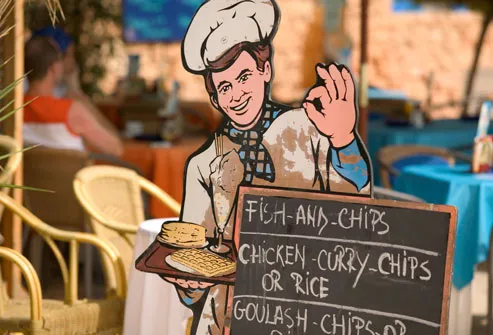
That burning discomfort in your chest or throat may have nothing to do with your heart. It can happen when stomach acid backs up, or refluxes, and irritates your esophagus, the tube that connects your mouth and stomach. Certain foods can trigger it, but they're not the same for everyone. So when it comes to eating, what will help you avoid heartburn?
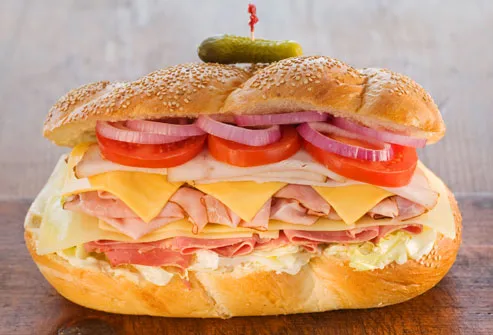
The first thing to think about isn't any specific food: It's the amount you eat at one time. This is one case where bigger isn't better. No matter what food you're eating, how good it looks, or how much you like it, a stuffed stomach makes heartburn more likely. Try using smaller plates to help you trim your portions.
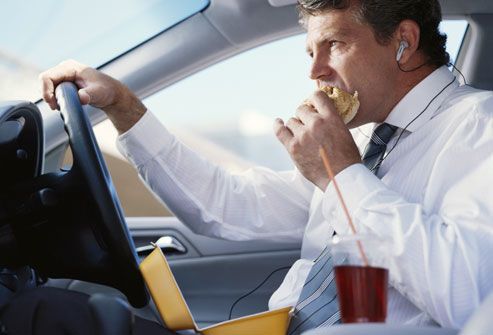
Shoveling food into your face is also a no-no. The three Gs -- grab, gulp, and go -- don't lead to good digestion, and they can make heartburn symptoms more likely, says Leslie Bonci, a registered dietitian and director of sports nutrition at the University of Pittsburgh Medical Center. Take your time and enjoy your meals.
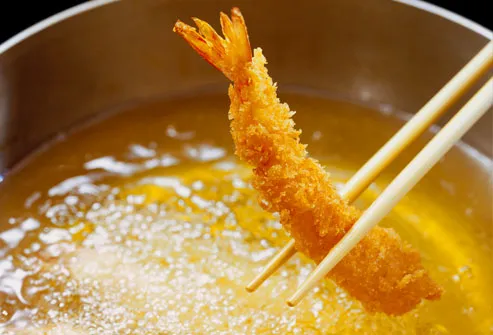
High-fat foods tend to stay in your stomach longer. And the longer they're there, the more likely there will be discomfort, say Bonci and Elaine Magee, a registered dietitian and author of Tell Me What to Eat If I Have Acid Reflux. Big servings of those high-fat foods -- like a lot of fried chicken, chips, or wings -- are a double whammy.
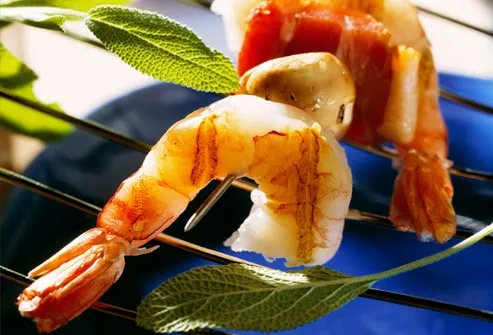
You might be able to bake, broil, grill, or roast your favorite foods instead of frying them. Trim the fat off of meat and poultry, and cut the skin off chicken. Tweaks like these might be enough to tame your heartburn.
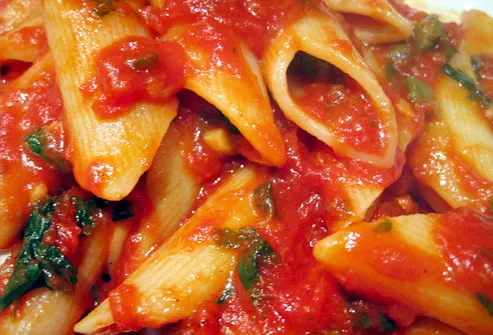
Tomatoes (including foods like salsa and marinara sauce) and citrus fruits (such as oranges, grapefruits, and lemons) can trigger heartburn, especially if you eat them by themselves, on an empty stomach. Vinegar is another acid, and it's a common ingredient in salad dressings and other dishes.
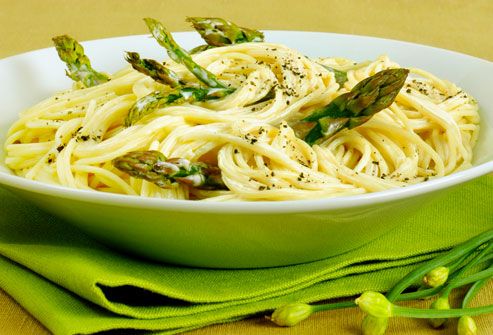
Try other fruits and vegetables with less acid to give your tummy a break. Or limit your portion size of acidic foods, and offset them with something else. For instance, use less tomato sauce on your pasta and have a little meat or extra veggies at the same time. Experiment to find your comfort zone.
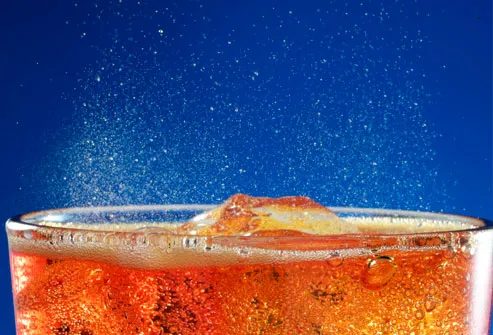
Certain beverages can make heartburn more likely. Drinks with caffeine (that's decaf coffee, too) boost acid in the stomach. Alcohol can relax the valve between your esophagus and stomach, letting acid escape more easily. And carbonation from fizzy drinks can bloat your stomach, which may lead to heartburn. Tomato and citrus juices have acid, too.
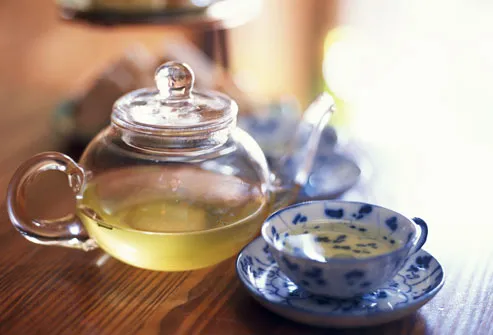
Choose drinks without bubbles and caffeine, such as herbal teas, milk, and plain water. If you must have that coffee, cola, or bloody mary, drinking a smaller size will help.
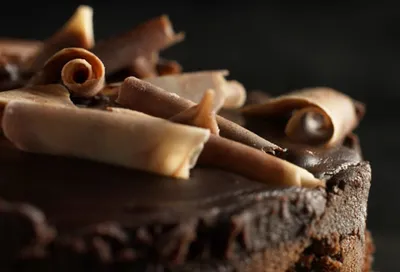
Sorry, it has caffeine. If you can't bear life without chocolate, see if cutting back does the trick. Maybe you can eat only a bite or two, or just on special occasions. Also consider what other heartburn triggers may be at play. Eating chocolate for dessert at the end of a fatty feast, and by itself on an empty stomach, probably aren't good ideas.
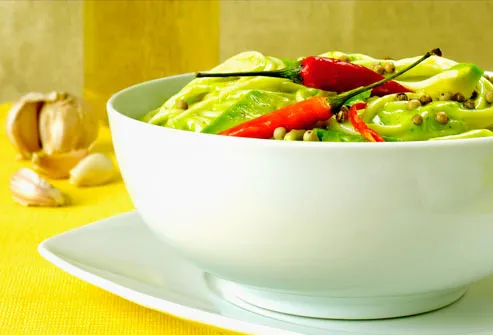
It's not really surprising that the heat from peppery foods and hot sauces can scorch you from the inside. But did you know that peppermint could be a problem? Although it's cool, not fiery, it may relax that gateway valve, leading to heartburn. Flavorful, pungent garlic and onions -- especially raw -- can also be culprits.
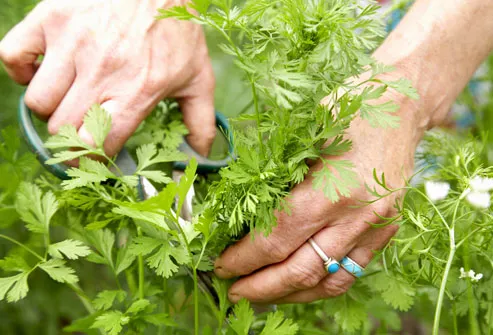
You aren't necessarily headed for a lifetime of bland foods. Easing up a bit on the spiciness could make a difference. You don't have to drown your wings in hot sauce, for example. Maybe go with two alarms for your chili instead of four. Look for other ways to flavor foods that don't require burning your tongue.

Everyone's different. You might be OK with a mildly spicy meal unless it has tomatoes. You may be able to drink a small cup of coffee as long as you don't gulp it down without food. Make notes or keep a diary to help you pinpoint what you can handle and what leads to heartburn.
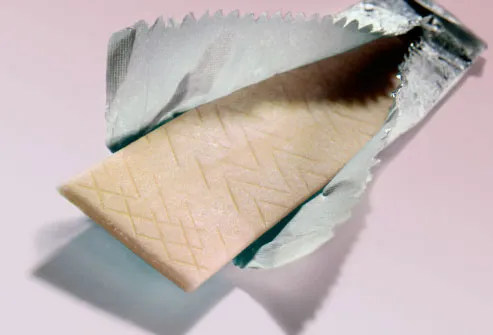
After a meal, chewing gum keeps your mouth making saliva. The extra liquid helps neutralize acid and spurs your stomach to empty its contents into your small intestine faster -- basically, moving your food down the line before heartburn gets a chance to set in. Choose a flavor other than peppermint or mint to keep that barrier valve closed.
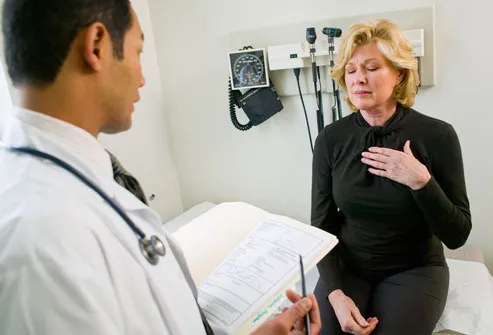
Don't lie down right after a meal; allow 3 hours between dinner and bedtime. Smoking and carrying extra pounds may also raise your chance of heartburn.
Everyone gets heartburn now and then, but you should talk to your doctor if it happens to you a lot. It could be a symptom of digestive problems.